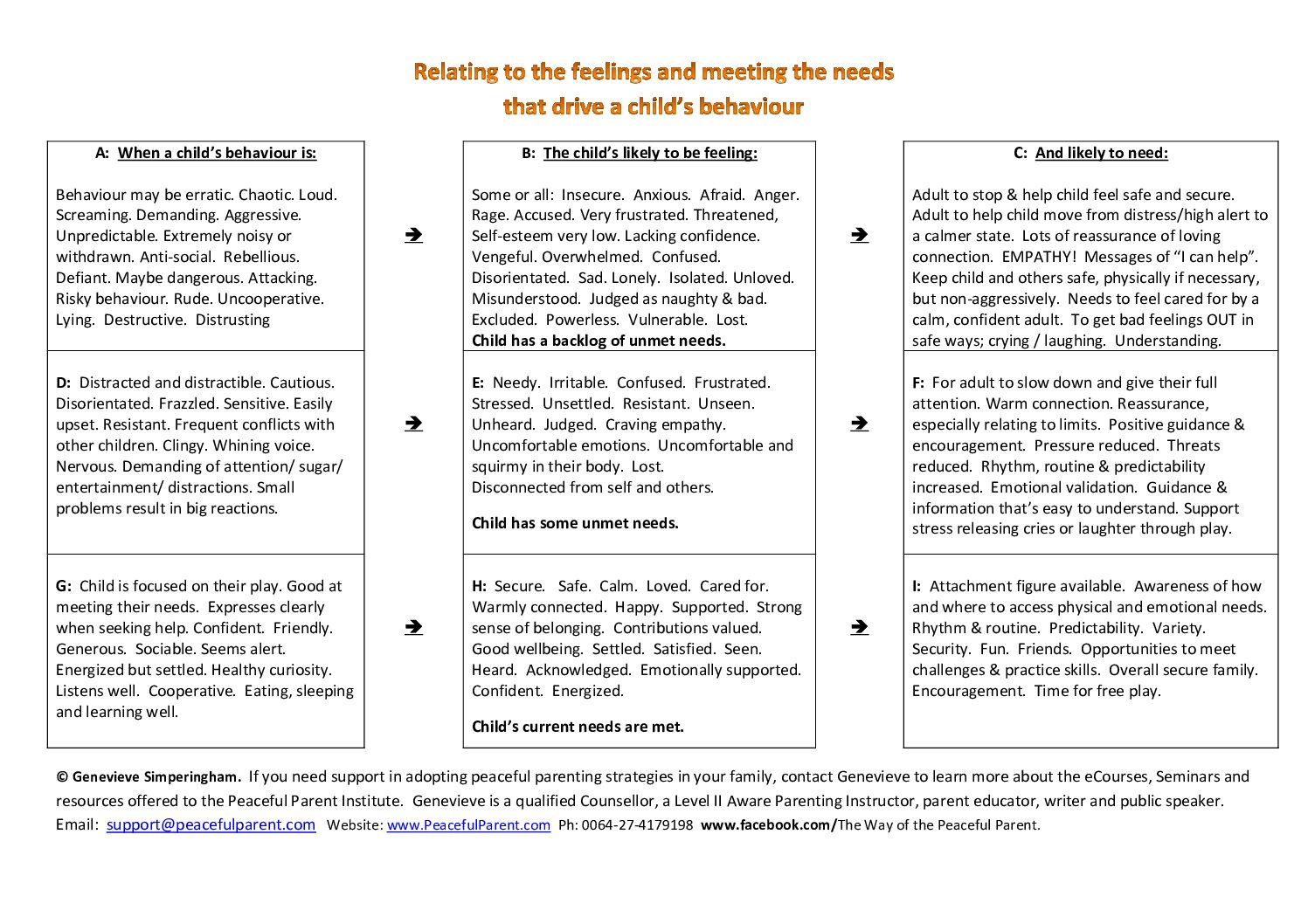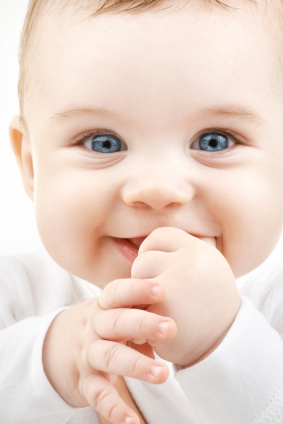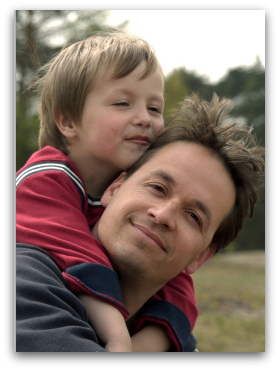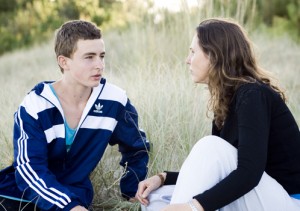 Often when a child is tired and their parent is caring for them, it can feel like it’s so hard to get it right, to soothe the child. Her needs are high and her tolerance is low. The hug is too tight or not tight enough, you spoke too loud or they called you and you didn’t hear or they remember something from the day that they’re now (just when you thought they were about to go to sleep!) disappointed about and all those feelings pour out!
Often when a child is tired and their parent is caring for them, it can feel like it’s so hard to get it right, to soothe the child. Her needs are high and her tolerance is low. The hug is too tight or not tight enough, you spoke too loud or they called you and you didn’t hear or they remember something from the day that they’re now (just when you thought they were about to go to sleep!) disappointed about and all those feelings pour out!
Inside the child there’s irritation from their day or maybe a build up from a series of exhausting days, your child needs rest and everything is a bit hard. Sometimes it’s hard not to react when you’re tired as well, sometimes you do react and it shows in your tone of voice, and then your child becomes more upset and is very far from being able to settle. Sound familiar?
I find that sometimes it can feel really hard to bring myself back to centre
to be there for my kid, so I name it “honey I know I’m not giving you the kindness that you need, but I *know* that’s what you need and I’m doing my best to relax and become more present.” Sometimes I tell my girl that I need to go and get my tea or go to the loo or get her some water, just to leave the room and reset without giving her the message that I can’t cope with her. I assure her that I’m coming back and work hard to avoid leaving in a way that she feels abandoned.
It is hard for most parents when their child is out of sorts and are easy to upset and difficult to please.
When they’re grumpy and bristly, it rubs off on the parent and it’s hard to centre ourselves enough to soften and be kind to our child. Making that shift often calls on us to give ourselves at least a little bit of acknowledgment of our own stress and unmet needs. We can’t soften to our child till we soften to ourselves. But when we can do it, we soften their harsh edges and help them relax and feel content and secure again.
At times when it’s hard to hear that I inadvertently hurt or upset or discourage my kid despite my best intentions, it’s kind of hard to hear that I seem to be making things worse rather than better. It’s hard to not become defensive, sometimes I do become defensive. It’s not always easy to own my reactions, but I work hard to do just that knowing that they’re allowed to feel what they feel. Yet overall, I love how free my children are to give me honest feedback about what they do and don’t like, free to give me honest reflections because I need to keep learning from their feedback. The more committed a parent is to hearing and accepting their child’s feedback, the more the lines of communication can stay open, and the less likely it is that the feedback turns into aggression.
We want our children to have permission to show us their true feelings.
It’s so important for children to feel free to express their frustrations that result in some way from what their parent has done or said, not done or not said. It’s not easy for us parents to acknowledge our child’s feelings without becoming defensive. Often when I have put the focus on defending my reasoning, my daughter or son will tell me that they’re not saying that I should or shouldn’t have anything, they just need to express their frustration. “I just need to get my frustration out” my girl has always said with such clarity. This is her internal process and my role is to hold the space for and accept to help her maintain her right to be open and honest in close relationships.
Remembering that it’s this level of patience and empathy that works for me when I’m all out of kilter
is often what keeps me focus on what the children need. And of course, it’s easier for us parents to remember that loving-kindness helps us feel better when we’ve had fairly recent real-life experience of this and much harder to value and remember when our emotional needs haven’t been met. Although sometimes the pain of unmet needs can serve as a reminder of what we don’t want our children to experience, or at least not too often.
Children who are allowed to get angry at their parents are less likely to carry resentments.
I like to think and truly hope that my children won’t have that awful guilt and shame that most people experience when they need to process issues from their childhood or talk with their partner or friends about their dynamics with their parents. I like to think they’ll overall have an internal image and corresponding feeling of me responding to their complaints with empathy and support.
I think it’s fair to say that most adults have an internal image of their parent’s perceived disapproval that they cringe to face when they dare to “complain” about their childhood or dare to give their parent honest feedback about how certain interactions have felt for them.
Not all, but most counselling clients I’ve helped over the last twenty years have been at one place or another in the process of negotiating those feelings of guilt, shame, fear and disloyalty as they find the courage to revisit and re-evaluate how their relationship with their parent/s affected and imprinted on their relationship with themselves and others.
So the next time your child is giving you feedback that’s a little bit hard to swallow,
try to hold that you’re giving them a HUGE gift of allowing, supporting and validating their feelings, their right to have “negative” feelings in close relationships, the reframe that “negative” feelings represent emotional pain that needs to be voiced, and a right to explore, identify, put words to and express those feelings.
We invariably want to feel at peace with family members and allowing resolution of difficult feelings is an essential part of the process of keeping the channels of communication open, clear, authentic and free of a backlog of pent up resentments, fear and distrust. ~ Genevieve
You might also like to read:
The value of allowing your child to complain
Grumpy children need our sweetness and nothing else will do
Go Away! What to do when your child won’t let you connect








